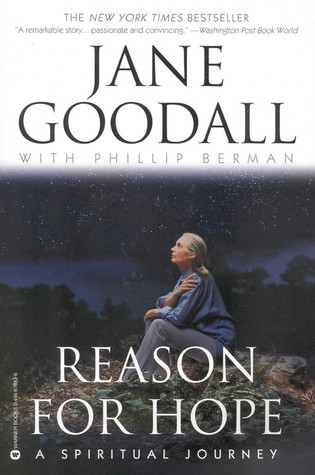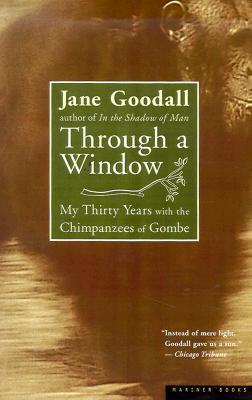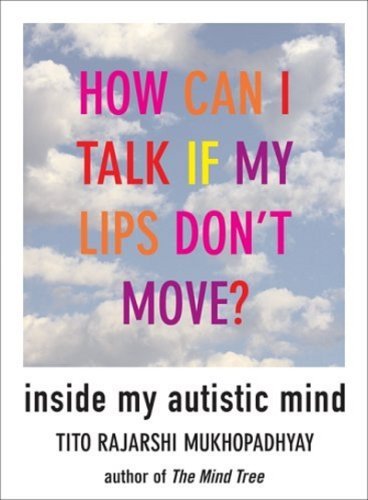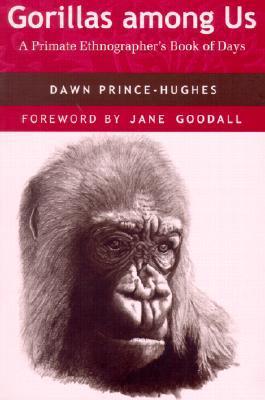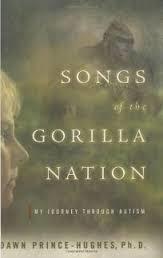
Songs of the Gorilla Nation: My Journey Through Autism
Book Description
What if understanding a world unseen could unlock the mysteries of your own mind? In "Songs of the Gorilla Nation," Dawn Prince-Hughes immerses readers in her profound journey through autism as she discovers the vibrant connections between her life and the intricate society of gorillas. With each page, she awakens an emotional exploration of identity, belonging, and the power of communication. Through striking observations and raw honesty, the narrative challenges perceptions of difference and raises vital questions about what it means to truly connect. Can the language of the wild reveal the essence of our humanity?
Quick Book Summary
"Songs of the Gorilla Nation: My Journey Through Autism" by Dawn Prince-Hughes is a deeply personal memoir that explores the interplay between the author's experience of autism and her transformative interactions with gorillas. Isolated and misunderstood from childhood, Prince-Hughes struggled with sensory overload and social misunderstandings. Her fascination with gorillas grew into a source of solace, insight, and connection, helping her navigate the complexities of human relationships. Through her work in primatology, she draws compelling parallels between gorilla social structures and human society, offering a fresh perspective on communication, empathy, and kinship. The book challenges conventional ideas about autism and difference, highlighting the healing power of understanding and the profound bonds possible across species. Prince-Hughes invites readers to reconsider what it means to belong—and how compassion can transcend boundaries.
Summary of Key Ideas
Table of Contents
Autism and Lived Experience
Prince-Hughes details her early life experiences, marked by the challenges of undiagnosed autism. She describes sensory overload, confusion about social cues, and the subsequent feelings of isolation that dominated her youth. These struggles contributed to academic difficulties and alienation, casting her as an outsider in her own family and community. Yet, this sense of otherness also heightened her observational skills, attuning her to details others missed and setting the stage for her lifelong search for understanding.
The Healing Power of Animal Connection
Discovery of gorillas proved a turning point. Drawn to the animals' gentle presence and intricate social lives, Prince-Hughes began volunteering at a zoo. She found grounding and acceptance among gorillas, whose body language and emotional expressions made intuitive sense. Observing the gorillas allowed her to map their world and, in doing so, to better understand her own mind. The gorillas, unburdened by spoken language, communicated in a manner Dawn found profoundly accessible—highlighting that meaningful connection can occur outside traditional frameworks.
Communication Beyond Language
Through her unique perspective as both an insider and outsider to human and gorilla worlds, Prince-Hughes bridges the gap between neurotypical and autistic experiences. She draws thoughtful analogies between gorilla social structures—marked by gentleness, explicit boundaries, and mutual care—and human societies. These parallels prompt deeper reflections on the value of difference, reciprocity, and the importance of each member’s contribution. Her insight challenges the assumption that difference equates to deficiency.
Belonging and Social Structures
The narrative expands to explore broader definitions of communication and empathy. Prince-Hughes shows that the richest relationships are not always forged through words but through shared gestures, intent, and patience. Her work with gorillas becomes both a therapy and a metaphor, revealing how connection is possible even between profoundly different beings. This redefines what it means to relate and suggests new ways to foster belonging, both for autistic individuals and others who feel marginalized.
Redefining Difference
Ultimately, Prince-Hughes’s memoir advocates for embracing difference as a source of strength. She invites readers to question the boundaries—social, neurological, species-based—that limit understanding, encouraging an ethic of compassion and inclusion. Her journey through autism, refracted through the lens of animal observation, suggests that it is precisely in recognizing and respecting differences that the deepest forms of connection and humanity arise.
Download This Summary
Get a free PDF of this summary instantly — no email required.

